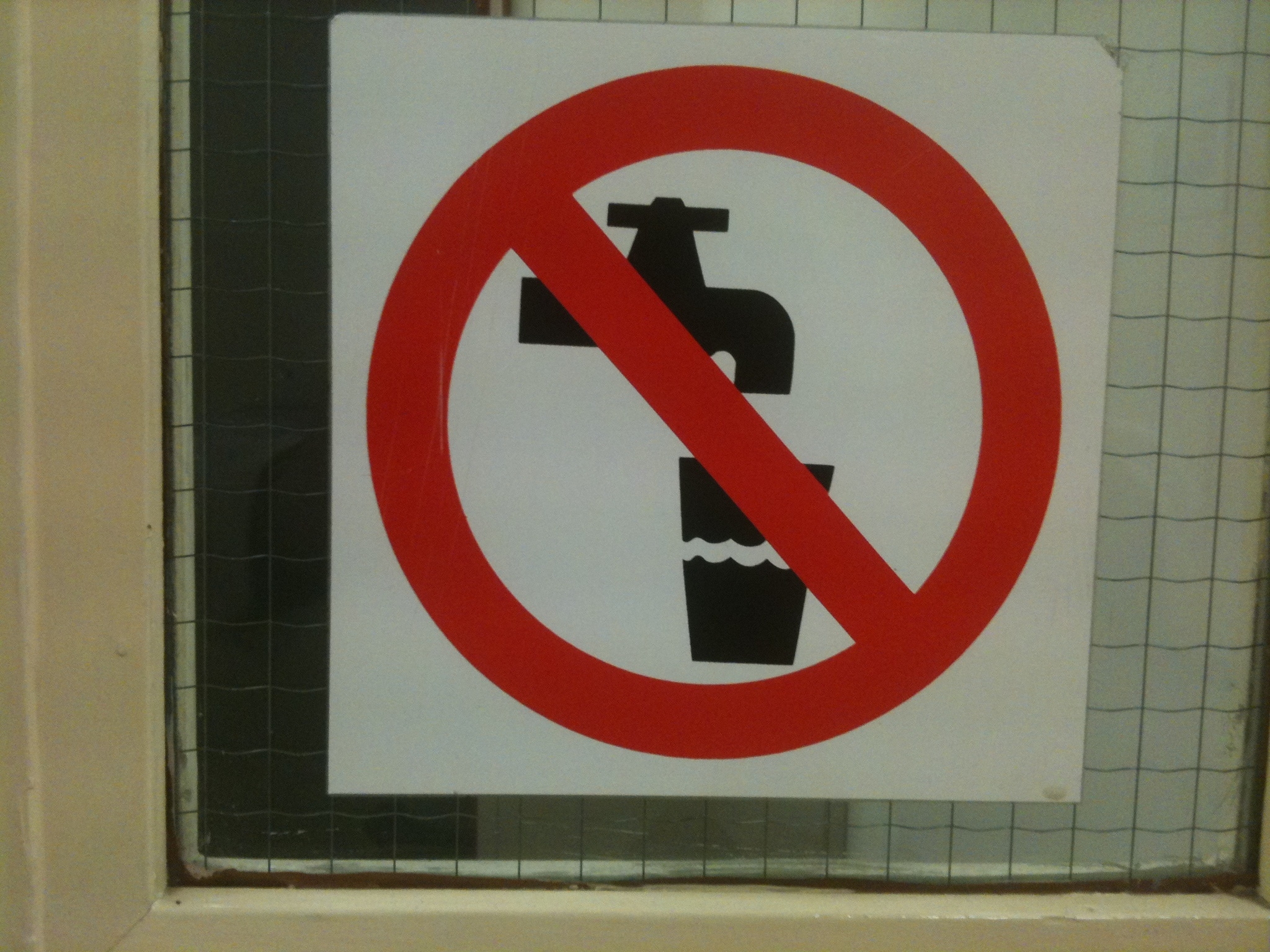Canada’s 150th birthday year is almost over. Tens of millions have been spent on celebrations, some rather dubious. (What are we to make of a giant, yellow rubber duck?) And yet, today, more than 100 First Nations communities still do not have safe drinking water or adequate wastewater disposal systems.
On Thursday, the Parliamentary Budget Office (PBO) issued a new report that estimates the costs of upgrading water and wastewater infrastructure on First Nations reserves and compares those estimates to the funding announced in Budget 2016. The PBO concludes that the amount the federal government has allocated, in various forms, will only cover 70 per cent of the estimated costs.
Those costs include needed new infrastructure, such as water treatment plants and sewage disposal systems, and ongoing operation and maintenance of the facilities. When all of that is take into account, the PBO says, the government’s currently allocated spending on First Nations will fall far short.
Infrastructure, the PBO explains, will cost $3.2 billion between now and 2020. It will cost $316 million per year to operate and maintain the new facilities. That might sound like a lot of money. But it will only provide what most Canadians take for granted: that when they turn on the tap, they can drink the water they get.
Wealth extracted from Indigenous lands far exceeds cost of providing safe water
It is not the PBO’s job to look into the larger context. The role of that independent body which reports to Parliament is to examine whether government operations are financially sustainable, and whether the government has adequately funded the services it has committed to deliver.
The PBO has not been mandated, for instance, to furnish a detailed historic economic analysis of the wealth businesses have extracted from First Nations territory, and the taxes and royalties those businesses have paid to provincial governments and to the federal government.
To this writer’s knowledge nobody has yet undertaken that analysis. But there are some well-known facts that do provide needed context, which should silence those who believe First Nations communities are somehow pampered and undeserving.
Despite treaties with First Nations that go back to the 17th century and the Royal Proclamation of 1763, all of which made solemn pronouncements about Indigenous peoples’ sovereignty over their territories, the Constitution Act of 1867 assigns all natural resources on and under their lands and waters to the provinces. Where there are no provinces — i.e., in the northern territories and offshore — it is the federal government that is the exclusive owner of all resources.
There is no constitutional provision providing First Nations with any benefit from the lumber, minerals, oil and gas and hydropower on their traditional lands. Only in a few rare and exceptional cases have First Nations derived any direct economic benefit from the wealth exploited on their territory. And that wealth almost certainly far exceeds what it would cost to build, operate and maintain water and sewage infrastructure on all First Nations communities.
Even the capacity to maintain existing facilities is in doubt
Thursday’s report came about as a result of a request from NDP MP Charlie Angus. His initial reaction was that it “raises many red flags.”
“The Prime Minister made a firm commitment to end long-term drinking water advisories on reserve. It’s clear he hasn’t allocated the funds to keep this promise,” Angus points out.
In fact, Angus warns, the new PBO report raises questions not only about the government’s ability to build and maintain new infrastructure; it raises questions about its capacity to maintain existing facilities.
During the Harper years, the federal government routinely failed to spend the money it budgeted for services to First Nations. Despite a solemn commitment to do better, it appears the Trudeau government has fallen into the same bad habit. For instance, Angus and his colleague Romeo Saganash tell us “every year for the last five years, Health Canada has failed to spend 30 per cent of the funding allocated for the Drinking Water Safety Program.” Two of those five years were Liberal years.
Not too long ago, the prime minister divided Indigenous Affairs in two, assigning the overarching Crown-First Nations relationship to one minister, Carolyn Bennett, and services for Indigenous peoples to another, Jane Philpott. Both are committed and hardworking ministers, with much experience in and out of politics.
One hopes that when they have read Thursday’s PBO report they will see to it that the government apparatus moves quickly to take action.
Photo: Mike Sayfang/Flickr
Like this article? rabble is reader-supported journalism. Chip in to keep stories like these coming.




